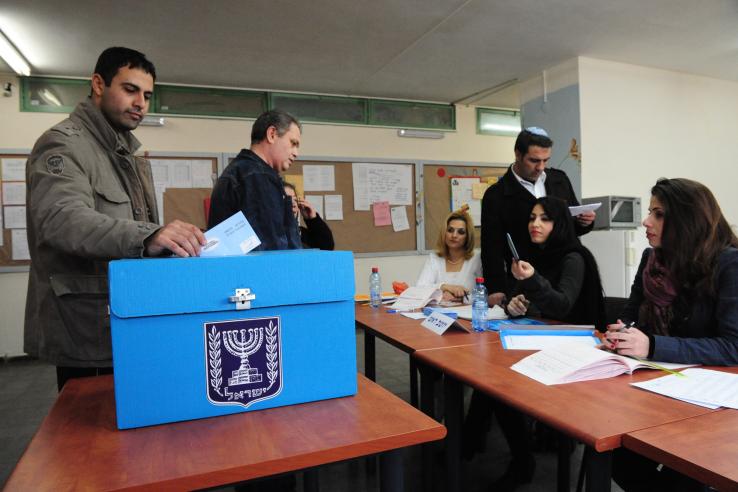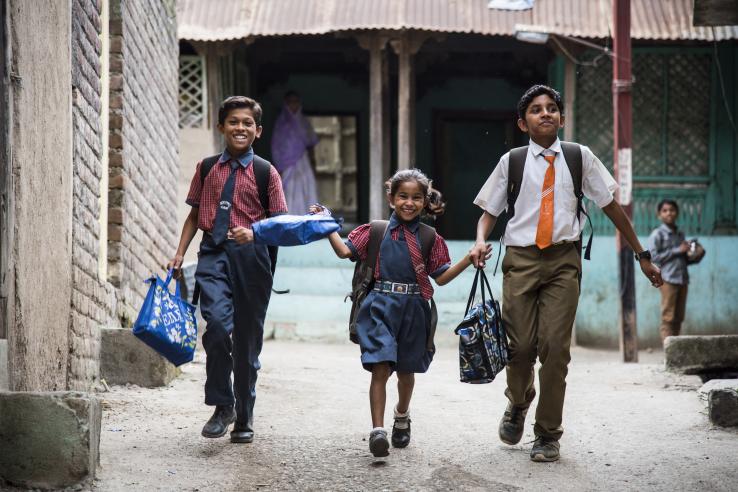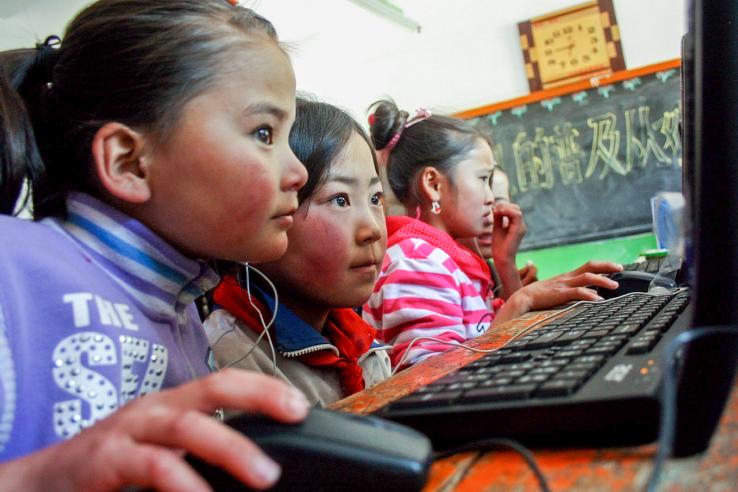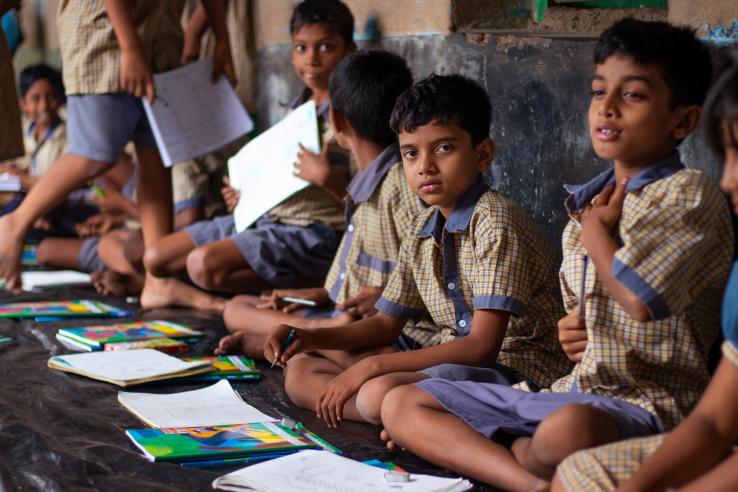Displaying 496 - 510 of 1291
Evaluation
In many societies facing violent conflict, policymakers have attempted a number of strategies to reduce conflict and generate support for peace initiatives, but rarely consider the role that exposure to financial markets can play in mitigating social conflict. Researchers evaluated the impacts of increased exposure to financial markets on the political attitudes and voting preferences of voters in Israel. Results suggest that exposure to financial markets changed voters’ perception of the costs of conflict and their attitudes toward peace processes.
Evaluation
Researchers evaluated the impact of encouraging citizen monitoring on the 2019 mayoral elections in Colombia. The intervention resulted in higher reports from citizens and a reduction in observed irregularities in the election.
Evaluation
To promote export diversification, the Tunisian government is implementing a $22 million export matching-grant scheme, TASDIR+. TASDIR+ aims to increase exports and promote export diversification toward higher value-added exports and new markets. This study is using a randomized controlled trial to evaluate TASDIR+’s traditional matching grant scheme and a newly implemented rebate scheme.
Evaluation
Researchers studied the impact of physician training on the cost and quality of care in a large hospital that randomly allocated patients to teams of physicians from residency programs affiliated with one of two different medical schools. Costs for patients treated by physicians affiliated with the higher-ranked medical school were 10 percent lower than for patients treated by physicians affiliated with the lower-ranked medical school, largely due to less extensive and more prompt ordering of diagnostic tests. Despite the difference in cost, patients treated by physician teams from the different residency programs had similar health outcomes.
Evaluation
Researchers conducted a randomized controlled trial to study the impact of improved communication and low-cost behaviorally informed “nudges” on Medicaid take-up. The low-cost interventions significantly increased enrollment.
Evaluation
In an ongoing study, researchers are testing whether a subsidized employment program for low-income adults with less than a high school degree in Michigan can improve employment opportunities and earnings while reducing public benefit receipt.
Evaluation
Researchers worked with the City of Rochester and local social service providers to evaluate the Bridges to Success program, in which participants were paired with mentors who helped them move towards economic self-sufficiency.
Evaluation
To understand the causal impact of poverty reduction on children’s health, nutrition, sleep, and healthcare utilization, among other outcomes, researchers randomly assigned new mothers to receive an unconditional cash transfer of $333 (high-cash group) or $20 per month (low-cash group) in the Baby’s First Years study. Children in the high-cash group had higher produce consumption at age two, but no impacts were found on health, sleep, or healthcare utilization at age three.
Evaluation
Researchers evaluated the impact of a civic education program involving learning-by-doing and student-centered teaching approaches in middle schools across three European countries. The program increased students’ academic performance, respect for school rules, and friendship networks with people with different social and cultural backgrounds.
Evaluation
Researchers are examining the impact of a socioemotional learning curriculum on student mental health, academic achievement, and other social outcomes.
Evaluation
Researchers are evaluating the impact of providing a gender-specific managerial training program on career advancement prospects for women and workplace productivity.
Evaluation
Researchers introduced a soft skills component into a vocational training program in the Dominican Republic to assess the interaction between job and soft skills training on labor market outcomes and expectations. Women experienced increased employment rates and wages in the short term, which dissipated over time; men, on the other hand, experienced negative or no impacts on employment rates and wages in the short term, and no effects in the long term.
Evaluation
In China, students in districts with average incomes that are below the national average achieve lower levels of learning compared students in wealthier districts. Researchers introduced a computer-assisted learning program (CAL) to classrooms in Shaanxi Province to evaluate its impact on math test scores. The CAL program increased test scores on average and the cost of the program was halved by having two students share a computer. Furthermore, pairing students performing below the class average with students performing above the class average improved the effectiveness of CAL for both types of students.
Evaluation
In partnership with Avanti Fellows, this study evaluates the impact of the Sankalp program, which provides teachers with resources and training to blend their instruction with video-based learning materials, on student’s math and science test scores.
Evaluation
This study evaluated the impacts of information about children’s academic performance on parents’ subsequent investments in their children’s education. Findings indicate that parents’ perceptions of their children’s academic needs tend to be inaccurate, and that providing parents with information on students’ academic performance, communicated both verbally and in writing, can help them target their educational resources more effectively.













